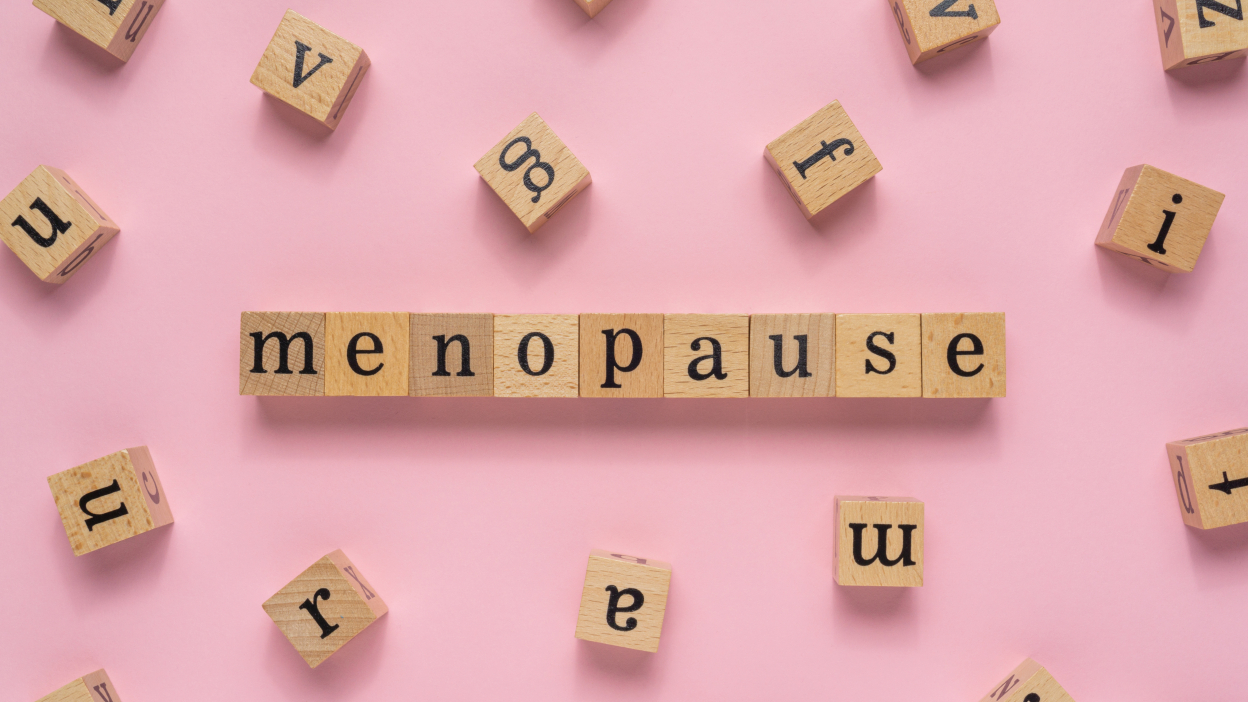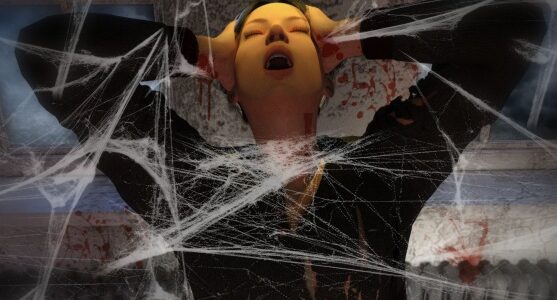LISTEN TO THIS ARTICLE:
Menopause is a natural part of aging that affects women in different ways. Some women experience hot flashes and insomnia while others go through mood swings and depression. Some women get away with few symptoms at all and are glad to be done with periods altogether. While many people are familiar with these symptoms, one thing most don’t know is that anxiety is common in menopause, too. This leads to many people searching for relief from anxiety during menopause.
What is menopause?
The term “menopause” technically refers to the moment when 12 months have passed since a woman’s last period. “Perimenopause” is the term that includes the years leading up to this point and “postmenopause” is the years immediately after. But, of course, we all just call it “menopause.” The whole transition can last between 7 and 14 years. It usually starts when a woman is between her middle 40s and middle 50s.
During these years, hormone levels change drastically. Women go from their regular monthly cycles to much less predictability. Estrogen and progesterone are the two primary female hormones made in the ovaries. Over this whole transition, production of these two hormones drops significantly. However, there are many unexpected peaks and valleys along the way. This is the source of menopause’s many dreaded symptoms, including anxiety.
Anxiety: the secret menopause symptom
Anxiety in menopause typically appears as tension, heart palpitations, cold sweats, and shortness of breath. Some people even suffer from full-blown panic attacks. Much of this is related to hormones. Estrogen receptors in the brain affect anxiety, and the wild fluctuations in estrogen levels during menopause lead to these symptoms. Additionally, anxiety can often be worst in the mornings because of higher levels of the stress hormone, cortisol, at that time of the day. Other sources of anxiety during this time include pre-existing stress, money problems, and the disruptive physical symptoms of menopause.
Estrogen receptors in the brain affect anxiety, and the wild fluctuations in estrogen levels during menopause lead to these symptoms.
Menopause anxiety relief options
There are several relief options available for anxiety in menopause. These include prescription medications, a few types of therapy, and herbal remedies, and non-prescription drugs. You can work with your primary care doctor to determine which are the best options for your specific situation.
1. Cognitive Behavioral Therapy
One of the safest methods of relief from anxiety in menopause is with CBT. CBT is a proven technique for addressing the symptoms of anxiety, and it can help with the depression that also commonly appears in menopause. CBT is a type of psychotherapy that helps people change negative thought patterns such as anxiety symptoms by replacing them with more positive and healthy ones. CBT is also the safest option, because using therapy instead of medications also avoids the risk of side effects.
2. Mental health medications
If CBT isn’t enough or doesn’t work well for someone, several medications offer good treatment options for addressing anxiety in menopause. Benzodiazepines work quickly and are most useful when taken as needed for panic attacks. Unfortunately, they can cause sleepiness, memory problems, and can be the subject of addiction. Anti-depressants like escitalopram (Lexapro), fluoxetine (Prozac), and paroxetine (Paxil) can help with long-term anxiety. These are a good medication option if CBT doesn’t work well enough and symptoms persist.
3. Hormone replacement therapy
HRT helps some people manage the symptoms of menopause, primarily hot flashes, vaginal dryness, and night sweats. It can also tamp down anxiety, but that’s really not usually the main goal of HRT.
HRT can consist of either estrogen alone or estrogen combined with progesterone. However, hormone therapy is complex. If used incorrectly, it can put women at increased risk of uterine cancer, breast cancer, heart disease, and stroke. It is definitely not a first line treatment for anxiety.
4. Mental techniques
Mental techniques like focused breathing and mindfulness are free, accessible options for managing anxiety in menopause. Square breathing involves breathing in for 4 seconds, holding it in 4 seconds, then out over 4 seconds, and finally holding your breath out for 4 seconds. Doing this for a few minutes can help slow a rapid heart rate and calm anxiety.
Mindfulness is a type of meditation where you try to pay attention to your thoughts and feelings in the present moment with an open and nonjudgmental attitude. You accept those thoughts, observe them objectively, and then let them pass. Although these techniques take practice, they are completely free and you can use them anytime you need.
5. Lifestyle changes
Avoiding alcohol and caffeine can help cut down on anxiety for anyone, including people in menopause. Many people find that avoiding certain foods can help, such as spicy for fatty foods. Exercise like walking, swimming, or biking is another great remedy for anxiety. It can also help regulate your sleep schedule, which often suffers during menopause.


 Learn
Learn Get News
Get News Find Help
Find Help

 Share
Share
 Share
Share
 Share
Share
 Share
Share



